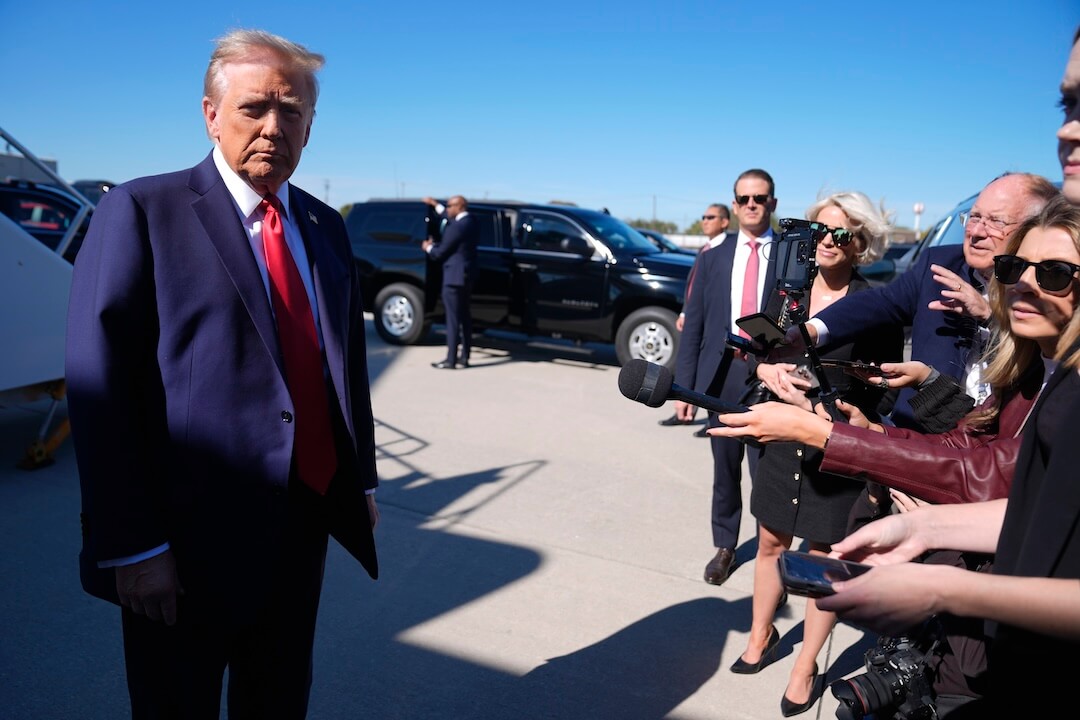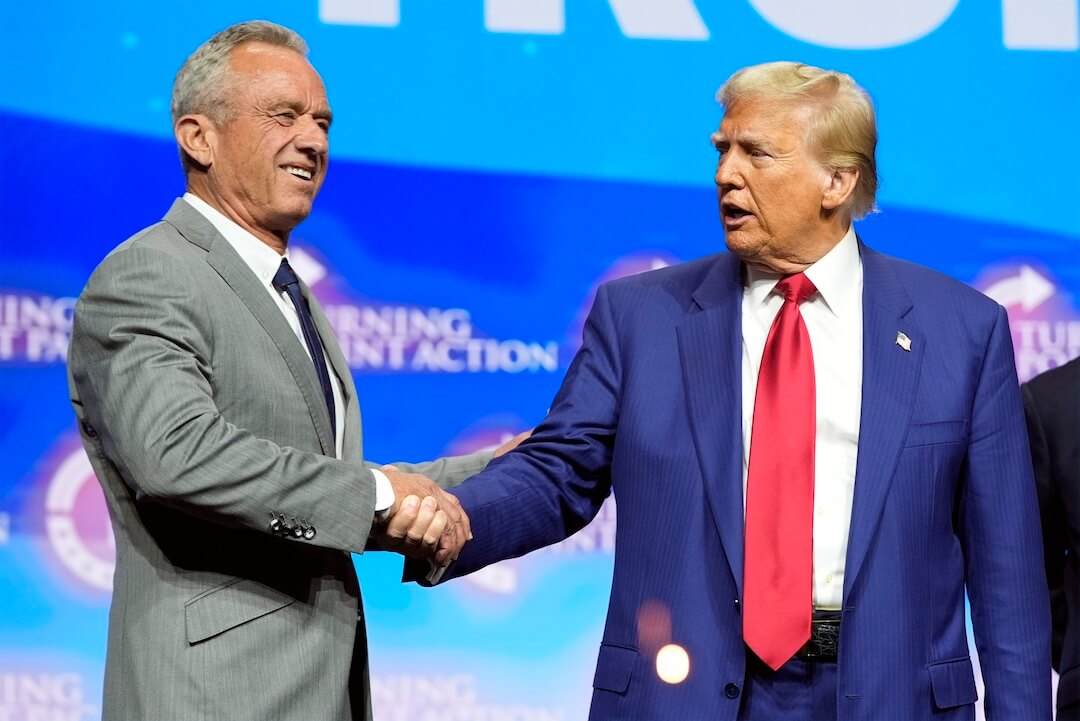With the looming first presidential debate later this month between President Joe Biden and former President Donald Trump, their respective teams already are hard at work helping to prepare their candidates for the intense national spotlight that will be shining on them at the CNN studios in Atlanta.
This debate prep often is grueling, as candidates engage in numerous mock sessions with a proxy selected to mimic the opponent. The communications teams sit, take careful notes, then refine potential answers that may make the best soundbites when clips of the debate go viral on social media.
If past is prologue, the selected moderators — CNN’s Jake Tapper and Dana Bash — will conduct the debate akin to the way they host the network’s Sunday “State of the Union” show — allowing the guests to repeat talking points, evade answers and not respond to any follow-up questions. That may be fine for a weekly show that operates within a stylized framework, giving the guests wide latitude in exchange for agreeing to be interviewed. But the American public deserves much more with the presidential debate stakes much higher. The election’s outcome likely will be decided by razor-thin margins, according to most current polls.
The debate moderators, like the participants, rehearse and come well prepared; both Tapper and Bash surely will. Although it may seem counterintuitive, perhaps they should be reviewing, as an important part of their predebate activities, how local broadcast journalists question the candidates — often in a refreshingly direct manner that can provide voters with a more focused sense of a candidate. While some debate moderators attempt to conduct real-time fact-checking, this approach seldom yields any meaningful responses from candidates. It also can backfire, since the moderators may seem like nitpickers or know-it-alls.
Another approach may be more fruitful. The recent Colorado Republican debate among six candidates for nomination to run in its 4th Congressional district suggests the effectiveness of a debate moderator who engages in a meaningful colloquy rather than a linear series of questions that elicit rote responses. This different dynamic can make it more difficult for candidates to anticipate in their rehearsals, thus yielding the possibility of moments of candor that can be quite informative for viewers (albeit embarrassing to candidates who stumble).
Kyle Clark, an anchor at KUSA, the Denver NBC affiliate, moderated that debate. Among the candidates on stage was Rep. Lauren Boebert, who is seeking reelection from an adjacent district from the one she is representing now. She faced withering reaction among her constituents last year for being escorted out of a theater performance of “Beetlejuice,” where she was vaping, making obscene gestures and engaging in lewd behavior with her date.
Clark recognized that this still was on the minds of many voters, and he was not hesitant to raise it in an impromptu question. “Do you want to talk about the theater thing?” “Uh, sure,” Boebert responded. “So, Kyle, I — I certainly have owned out, uh, I owned up to my night out in Denver.”
The talking point was articulated, and the typical moderator would have moved on to another question. Not Kyle Clark. “I just want to make sure. Did you apologize for the behavior that went on with you and your date?” he asked, while resisting Boebert’s attempts to interrupt him. “Or — pardon me — or did you apologize for lying to voters about what you did that night and the disrespect you showed to service workers that night? What specifically were you apologizing for?”
Clark decided to honor Boebert’s wishes to move on to her legislative record, which included claiming credit for earmarks she had obtained for local projects that Clark pointed out she had voted against.
These encounters will be useful as voters decide whether they would be well served by having Lauren Boebert represent them. They already know that Kyle Clark acted as a reporter who came to ask tough questions, which he wound up doing for all the candidates there.
Maybe the moniker for those who ask questions at the presidential debate should not be moderators, which suggests a type of referee. Instead, they proudly should be called journalists, and focus on how best to engage Biden and Trump on behalf of the electorate, helping to reveal the candidates fully in this unique forum.






